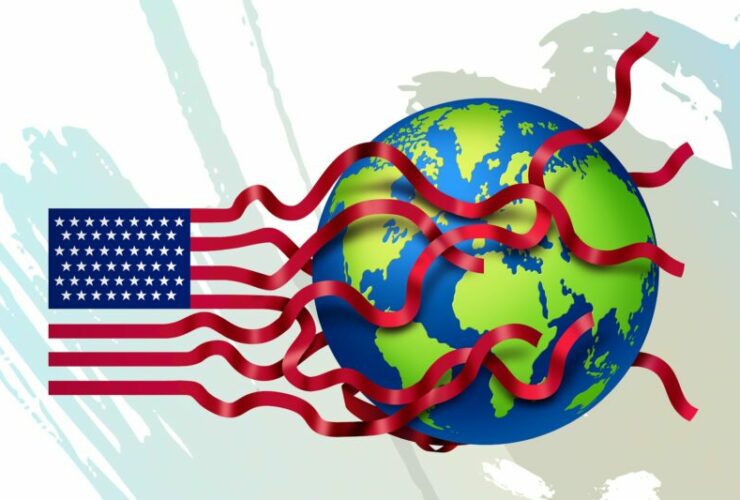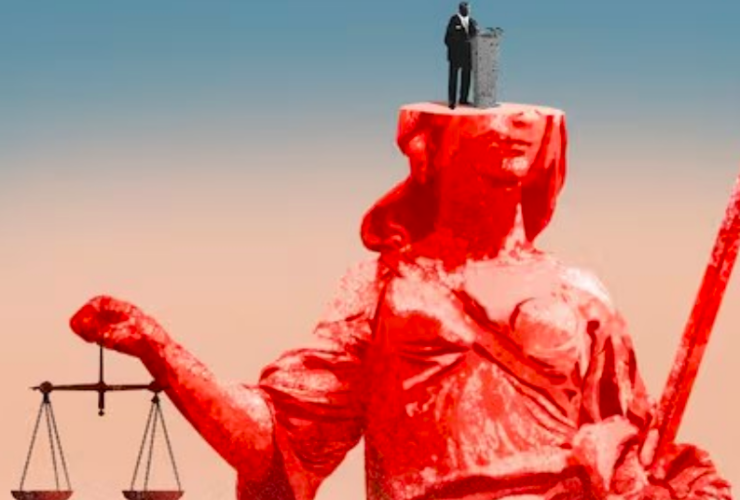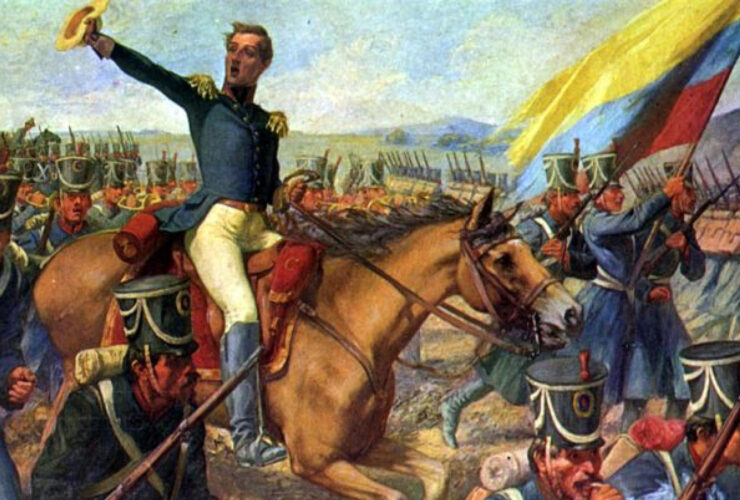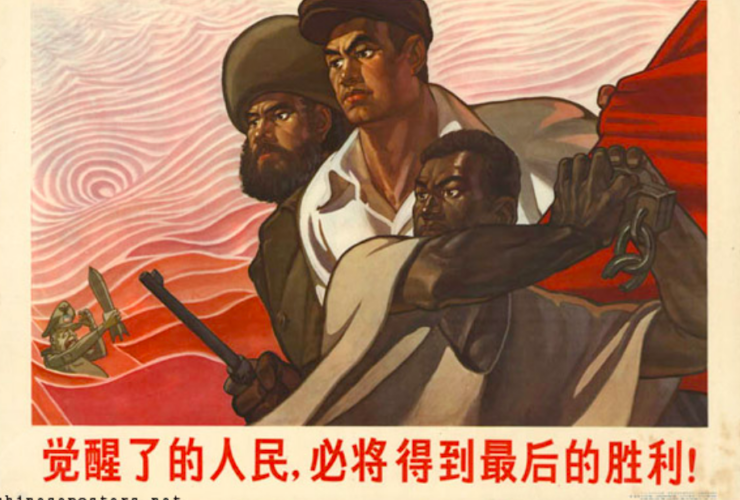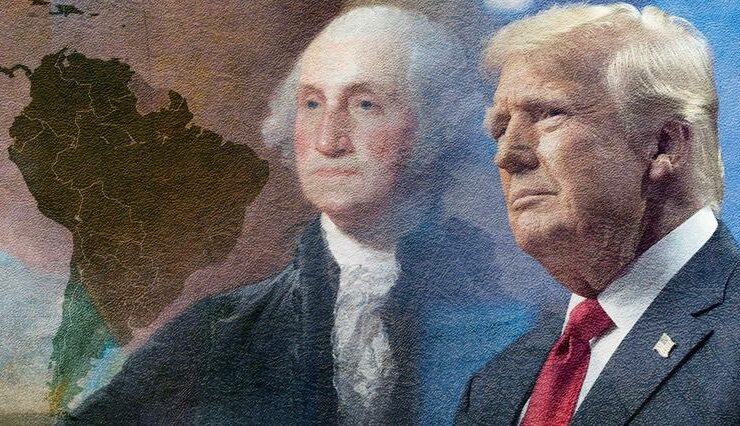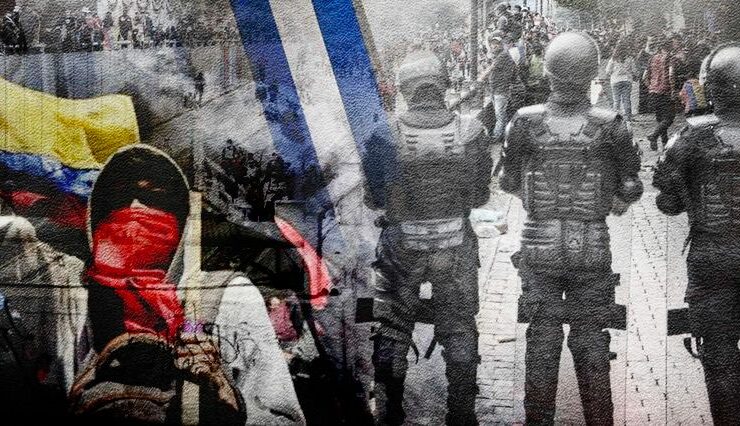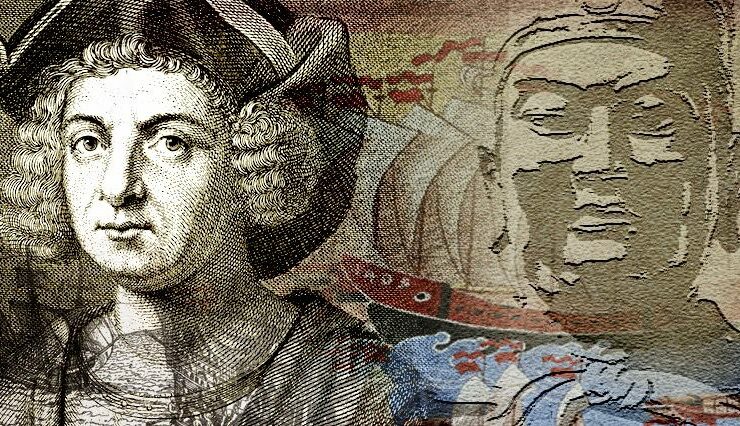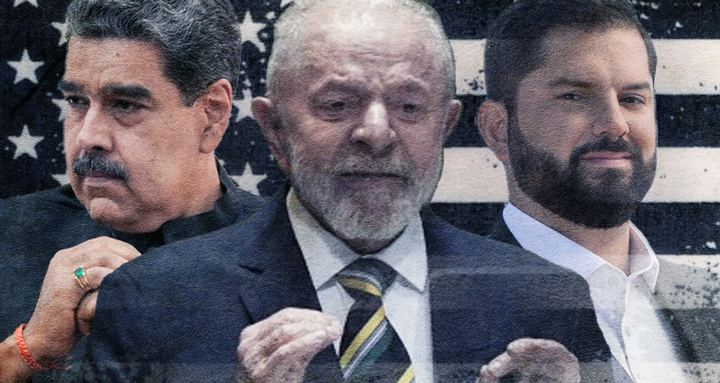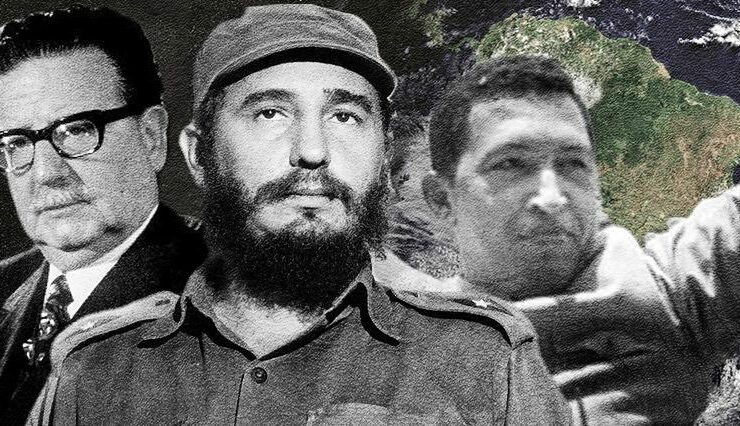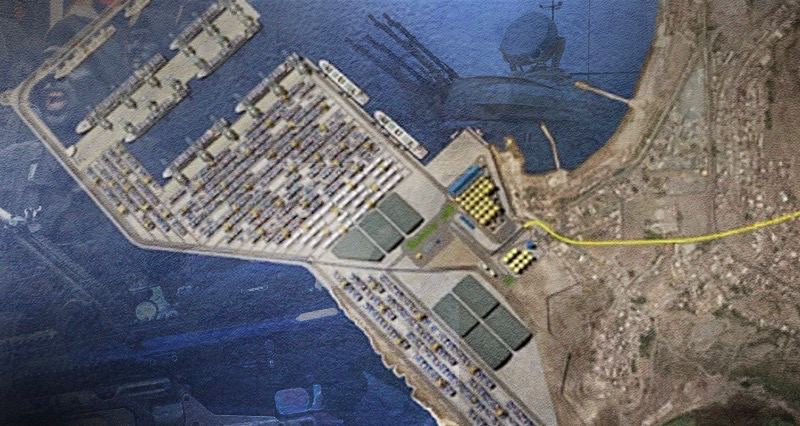We have returned to a unipolar world. For Latin America and the Caribbean, their only chance of progress is through a process of integration that will allow them to survive and have an active presence in the world of tomorrow, characterized by a balance of power among the major powers. Following the collapse of the Soviet Union, and with it ...
Recent examples of US interventions into Latin American countries’ judicial systems. By Héctor Bernardo*. Marco Rubio’s pressure to stop the convictions against Álvaro Uribe Vélez in Colombia and Jair Bolsonaro in Brazil, Peter Lamelas’s statements against Cristina Fernández in Argentina, and the attacks on Mexico’s judicial reform highlight Washington’s relentless efforts to consolidate its control over Latin America’s judiciaries. The ...
Today’s Colombian politicians should learn from the history. By Sergio Rodriguez Gelfenstein On September 30, 1813, after receiving reinforcements to shake off the siege of Puerto Cabello, the Spanish began an offensive towards Valencia. Colonel Atanasio Girardot was given the mission of containing the Goths, facing a Spanish column on the heights of Bárbula. During the effort of the battle, ...
On one of the most decisive battles in Latin American history. When the Liberator Simón Bolívar arrived in Peru on September 1, 1823, he found himself in a very complicated scenario. There were strong contradictions between José de la Riva-Agüero and the Marquis of Torre Tagle. The country had two presidents, two governments and two Congresses. In Colombia, although the ...
Presentation at the International Symposium “Decolonization and Cooperation in the Global South”. Shanghai, November 12, 2024 Dear colleagues and friends, We have been invited to this momentous event on “Decolonization and Global Cooperation” at a time when the world is struggling in a crisis apparently advancing in a transition to a better world. Various manifestations point to this path, where ...
A view from Latin America. By Prof Dr Fernando Esteche, Buenos Aires / Argentina The non-consecutive re-election of Donald Trump as the president of the United States of America invites us to reflect on what Latin America and the Caribbean should expect in its historical relationship of dependence and colonialism with the decadent imperial metropolis. Trade, migration, and hemispheric security ...
The example of authoritarian, police-based neoliberalism is already spreading to other countries in the continent. By Fernando Esteche, Buenos Aires / Argentina When we define the four main vectors by which the imperialist mode of production is reproduced, we indicate that they are: financialization, militarism, chaotization and narcotization. To a different extent and according to the contexts, some of these ...
Spain and China: Two different forms of approaching the world. The publicized national commotion that occurred in Spain as a result of the fact that the president of Mexico, Claudia Sheinbaum, did not invite the Bourbon king to her inauguration, leads to the question of whether – as a poster widely disseminated these days in the Spanish streets says – ...
6 major currents and the need to redefine what’s left. By Sergio Rodriguez Gelfenstein During the first 15 years of this century, Latin America and the Caribbean witnessed a series of democratic and popular processes that placed different versions of the left at the center of events. However, the leading role of Cuba and Venezuela and the overwhelming influence that ...
First part of an analysis of the Latin American “left”. By Sergio Rodriguez Gelfenstein Assessing the role of left-wing forces in Latin America after the elections in Venezuela is a real challenge that requires a conceptual review of the term “left” since, from my perspective, it is an outdated and decontextualized definition that does not reflect current reality, leading to ...
Two weeks ago, the Bolivarian Alliance for the Peoples of Our America – People’s Trade Treaty (ALBA -TCP) held its XXIII summit in Caracas, Venezuela. Two readers wrote to me separately, asking if I wasn’t going to write about that event. Coincidentally, a few days later the General Secretariat of ALBA, which has its headquarters here in Caracas, invited me ...
The authorship of the project to build a large port on the country’s coast is attributed to Peruvian admiral Juan Ribaudo. To do that, he took on the task of looking for the most suitable site and chose a piece of land in the small fishing port of Chancay located 70 km north of Lima. In 2011, the Volcan group ...







